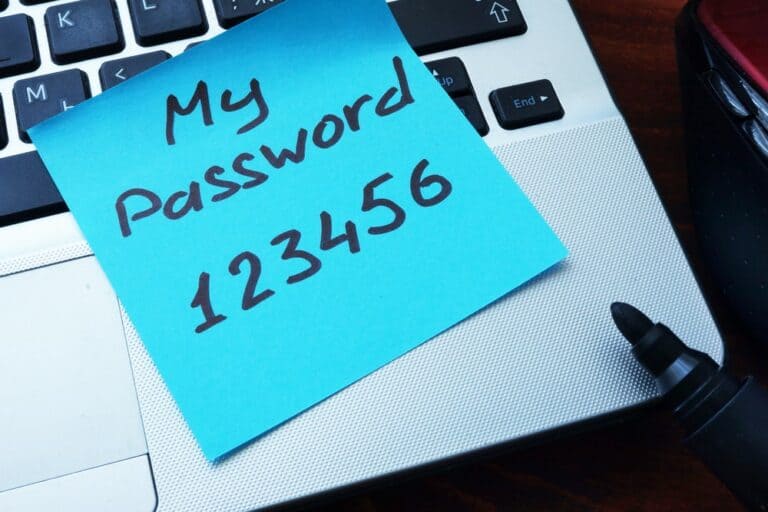‘123456’ has emerged as the most common password of 2023. NordPass’ research again shows that password security is generally not a priority.
Simple passwords remain popular in use even in 2023. That’s a bad sign for the online security of companies. The simple string of digits “123456” appears to be the most commonly used password and can be cracked in less than 1 second.
NordPass shares these results. The password manager researched which passwords are most in circulation in 35 countries. The study examined databases from publicly available sources and the dark web.
Cracking in less than 1 second
The top three passwords are not very original. ‘admin’ and ‘12345678’ complete the six-digit list. All passwords can be cracked in less than one second. In the specific case of Belgium, they appear to be less into numbers and the password ‘admin’ takes the first place on the list. This seems to be a default password that the user needs to modify after the first use. CISA and the National Security Agency warned earlier this year about the dangers of such default passwords. Such weak passwords are also high on the list of dangers in API security.
Also read: OWASP lists the 10 biggest API dangers, help is on the way
NordPass can use this research for its own profit to demonstrate why it is important to provide a good password manager for staff. These generate a unique and complex password for each login page. When the application is used for the second time, the software fills in the stored password for the user.
The alternative
Cybersecurity experts would like to see an alternative for passwords for years now. That could become a reality with Passkeys. Passkeys are physical FIDO-encrypted login credentials stored on a device. Users can access the relevant devices via fingerprint, facial scan or PIN. Over the last year, this alternative has once again won over a lot of new developers. Google, WhatsApp, 1Password and Okta are examples.
Also read: What is Okta AI and how does it help protect and secure identity?
